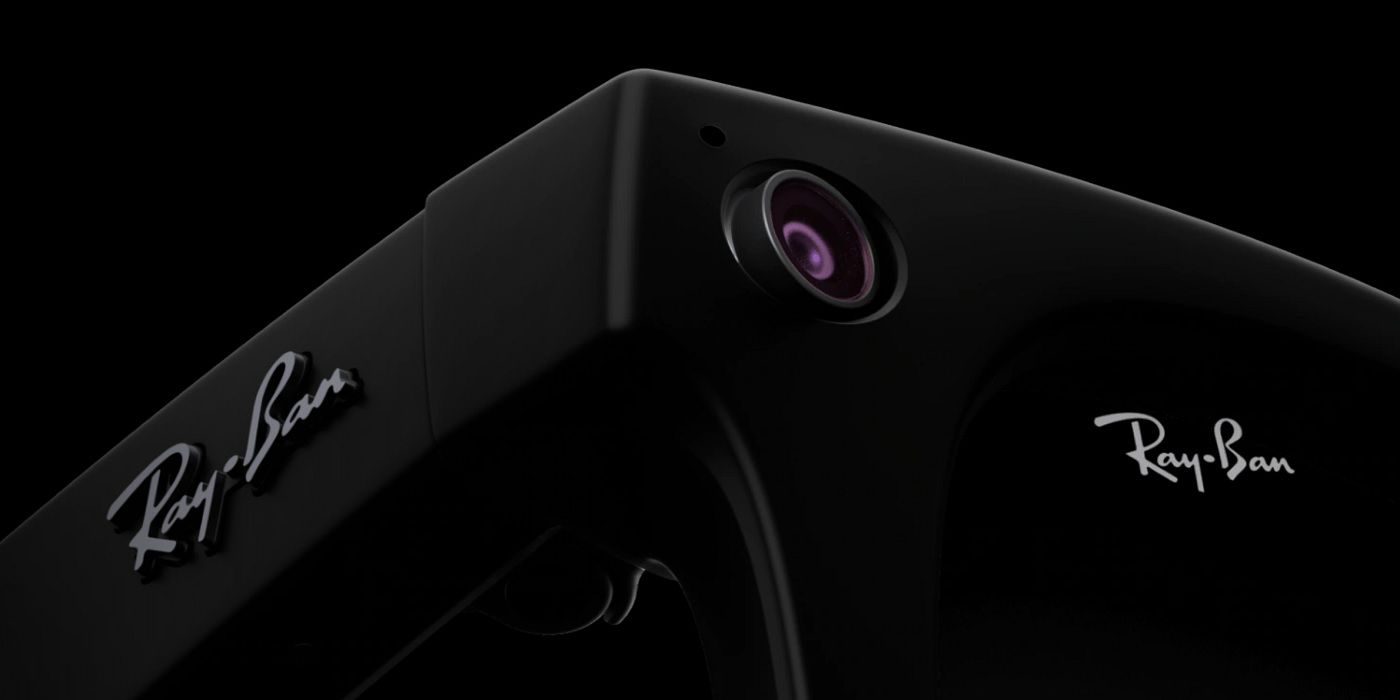Ray-Ban Stories, Facebook’s first serious attempt to massively introduce smart glasses to the world has been flagged by privacy regulators in Europe. Ray-Ban Stories launched in early September and sell for a price of $299. Mark Zuckerberg referred to the Ray-Ban glasses as a “milestone on the path” to augmented-reality AR glasses, with the suggestion that they are an important part of Facebook's metaverse future.
Ray-Ban Stories can be bought in the US, Canada, UK, Ireland, Italy, and Australia. In addition to their relatively low price, the design which makes them look and feel like a normal pair of glasses is one of their main selling points. In reality, the glasses don't have AR capabilities, but can be used to take pictures or videos for social media, as well as receive calls and listen to music.
Ireland’s Data Protection Commission (DPC) and Italy’s privacy watchdog, the Garante, have now flagged Facebook’s Ray-Ban sunglasses. Both regulators are concerned about how the glasses warn others when recording video or taking pictures. The Irish DPC said that the Ray-Ban-Facebook glasses have a “very small indicator light” and that neither Facebook nor Ray-Ban conducted comprehensive testing in the field to ensure that the small light is an “effective means of giving notice.” The DPC and Garante are also putting pressure on Facebook by asking the company to demonstrate and confirm that the light meets requirements. Additionally, Facebook must run an information campaign to alert the public on how the glasses work.
Facebook's History With The DPC
Facebook knows firsthand what the consequences are for getting on the wrong side of European regulators. Facebook’s facial tagging feature, its dating service, and WhatsApp have either faced delays, bans, restrictions, modifications, or heavy fines. For example, the DPC recently hit WhatsApp with a record $267 million fine in Ireland. The relationship between DPC and Facebook took center stage in 2013 when Maximilian Schrems took Facebook to court over privacy violations and for transferring personal data to the U.S. National Security Agency (NSA). The Schrems-DPC-Facebook drama ended in the High Court of the European Union, with the court ruling that Facebook could not transfer data from Europe to the U.S. Facebook challenged the decision again but lost in May of this year.
The DPC appears to have fixed its eye on Facebook's privacy and data operations in the EU with numerous investigations running. As a result, the flagging of Facebook’s Ray-Ban glasses is not to be underestimated. Before Facebook and Zuckerberg’s metaverse can become a reality, products like the new Ray-Ban smart glasses will need to ensure robust privacy protections and guards are in place.
Source: Data Protection Commission


